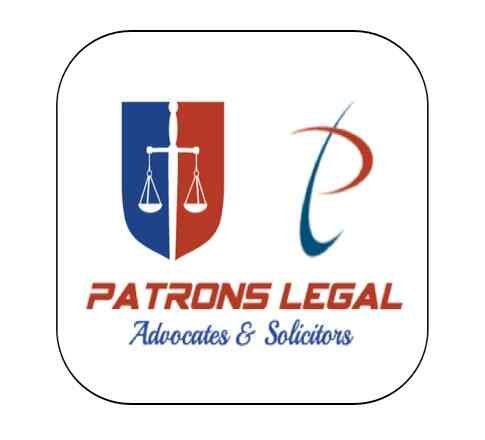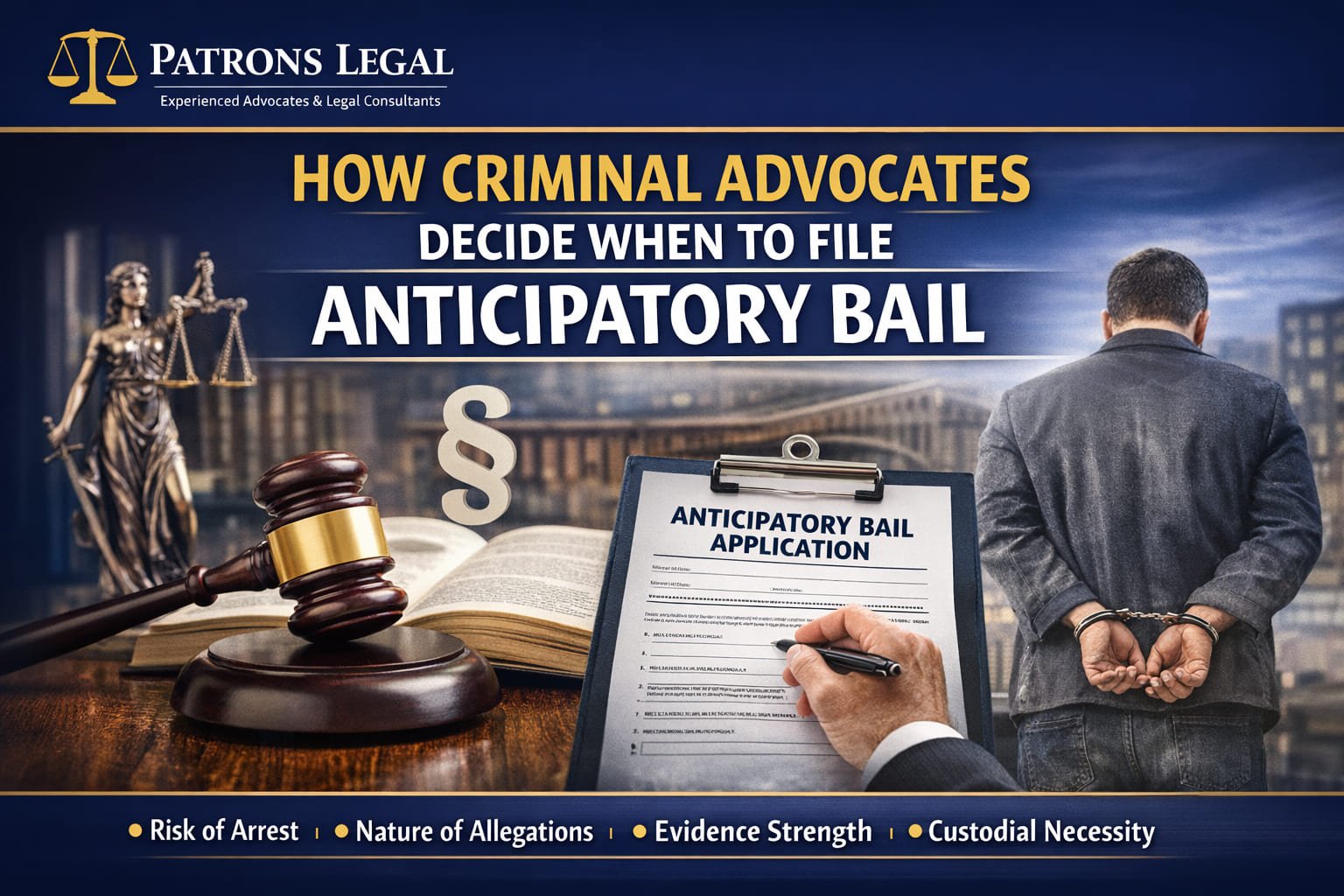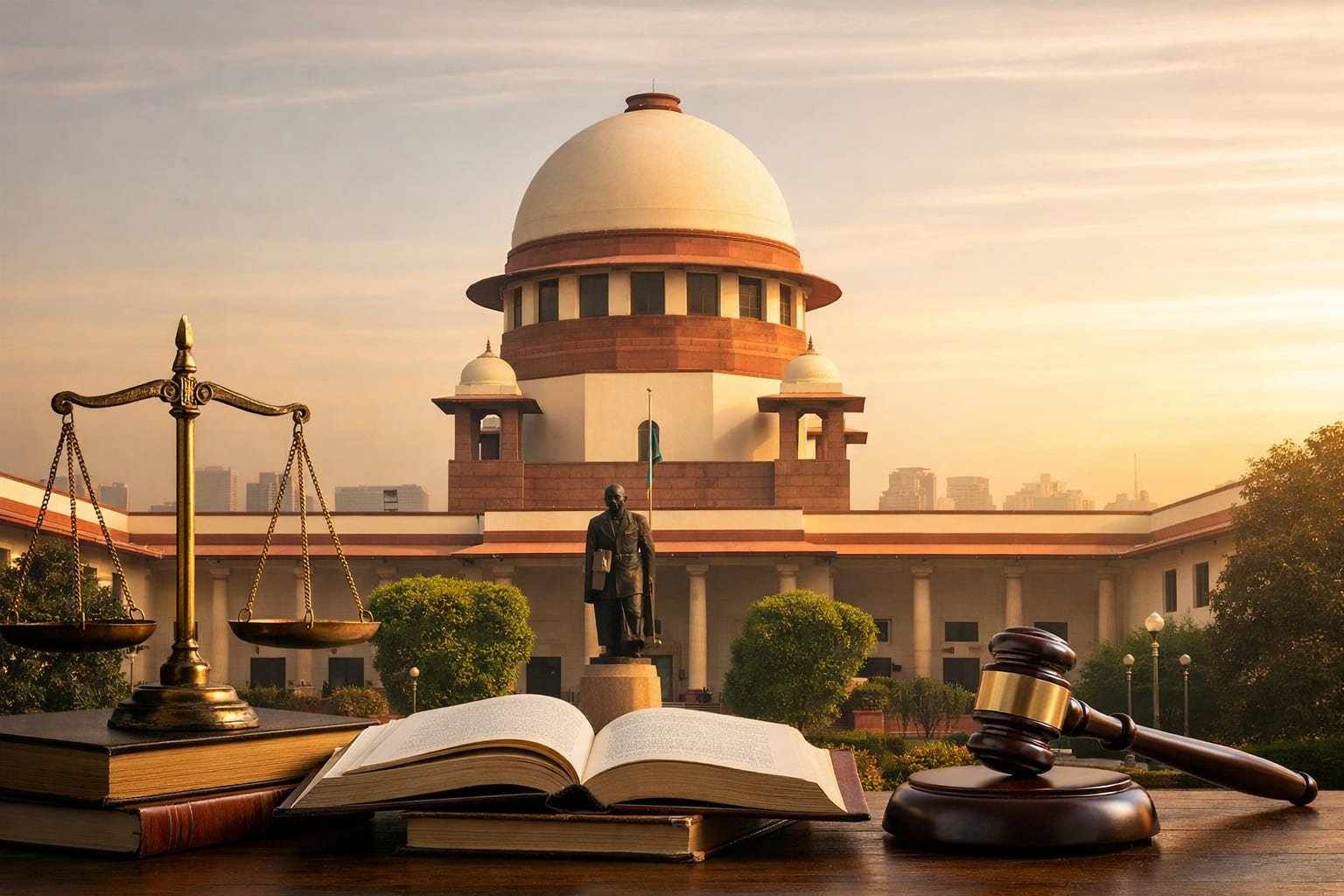In India, cheques are a common method of payment, widely used for personal and business transactions. However, cheque bounce cases are also prevalent, leading to legal complications for both the issuer and the recipient. If you are dealing with a cheque bounce situation or simply want to understand the legalities involved. In this article, we will explore everything you need to know about cheque bounce laws in India, including the legal framework, reasons for cheque bounce, legal remedies, and how cheque bounce lawyers at Patrons Legal can assist you in navigating these complex legal proceedings.
Understanding Cheque Bounce in India
A cheque bounce occurs when a bank refuses to honor a cheque presented for payment. This can happen for various reasons, such as insufficient funds, signature mismatch, overwriting, or a closed account. In India, Under Section 138 of the Negotiable Instruments Act (NIA) 1881, cheque bounce is considered a criminal offense, punishable by imprisonment and fines.
Common Reasons for Cheque Bounce
- Insufficient Funds: The most common reason, is where the issuer’s account doesn’t have enough balance.
- Signature Mismatch: If the signature on the cheque does not match the one registered with the bank.
- Account Closure: If the cheque is drawn on a closed account.
- Overwriting on the Cheque: Any alterations without authentication can lead to dishonor.
- Difference in Amounts: If the numerical and written amounts don’t match.
- Stale Cheque: If the cheque is presented after three months from the date of issue.
- Payment Stopped by Drawer: If the issuer has instructed the bank to stop the payment.
Legal Provisions under Section 138 of the Negotiable Instruments Act
Section 138 deals with the penal consequences of dishonoring a cheque for insufficiency of funds or if it exceeds the arrangement made with the bank. According to the Act:
- The cheque must have been issued for the discharge of debt or liability.
- It should have been presented within three months from the date mentioned on it.
- The payee must send a legal notice to the issuer within 30 days of receiving the bank’s cheque return memo.
- The drawer (issuer) has 15 days from the receipt of the notice to make the payment.
- If the payment is not made within the stipulated time, the payee can file a criminal complaint within 30 days.
Penalties and Punishment for Cheque Bounce
Under Section 138, the punishment for cheque bounce can include:
- Imprisonment for up to 2 years a fine that may extend to twice the amount of the cheque, or both.
- Compensation to the payee for financial losses incurred.
- Court fees and legal expenses.
How to File a Cheque Bounce Case?
- Sending a Legal Notice: The payee must send a legal notice to the drawer within 30 days of the cheque being dishonored. The notice should demand payment of the cheque amount.
- Wait for 15 Days: The issuer has 15 days to settle the amount.
- Filing a Complaint: If the payment is not made, the payee can file a complaint before a Magistrate’s Court within 30 days.
- Court Proceedings: The court will issue a summons to the drawer, and the trial will commence.
- Evidence Required: The complainant must present the original cheque, bank’s return memo, copy of the legal notice, and proof of delivery.
Defenses Available to the Drawer
While cheque bounce is a serious offense, the drawer has certain defenses, such as:
- Cheque Issued as Security: If the cheque was issued as security and not towards the discharge of a debt.
- Payment Already Made: If the payment has already been made through other means.
- Post-Dated Cheques: If the cheque was post-dated and presented before the due date.
- Forgery or Fraud: If the cheque was lost or stolen and used fraudulently.
Recent Amendments and Legal Updates
The government of India has made several amendments to strengthen cheque bounce laws:
- Negotiable Instruments (Amendment) Act, 2018: Introduced interim compensation up to 20% of the cheque amount to the complainant.
- Jurisdiction Change: The complaint can be filed where the cheque is presented for clearance, enhancing convenience for the payee.
- Speedy Trial: Courts are encouraged to resolve cheque bounce cases within 6 months to ensure quick justice.
Role of Cheque Bounce Lawyers
Cheque bounce cases can be legally complex, requiring expert guidance. A cheque bounce lawyer helps by:
- Drafting and sending legal notices.
- Filing complaints and representing the client in court.
- Gathering necessary evidence and documentation.
- Negotiating settlements and out-of-court resolutions.
- Providing strategic legal advice based on the merits of the case.
How to Choose the Best Cheque Bounce Lawyer
When dealing with cheque bounce litigation, choosing the right lawyer is crucial. Here are some tips:
- Experience and Expertise: Look for lawyers specializing in cheque bounce and commercial litigation.
- Track Record: Check their success rate in similar cases.
- Client Reviews and Testimonials: Evaluate feedback from previous clients.
- Communication Skills: Ensure clear and transparent communication.
- Fee Structure: Discuss the fee arrangement upfront to avoid any surprises.
Preventive Measures to Avoid Cheque Bounce
- Maintain Adequate Balance: Always ensure sufficient funds in your account before issuing a cheque.
- Cross-Check Details: Double-check the date, amount, and signature.
- Avoid Overwriting: Never overwrite on a cheque, as it may lead to dishonor.
- Use Electronic Transfers: Consider using NEFT, RTGS, or UPI for secure transactions.
- Communication with Payee: Inform the payee in case of any issues to avoid legal complications.
Conclusion: Know Your Rights and Responsibilities
Cheque bounce cases can have serious legal consequences in India, including criminal liability and financial penalties. Both the issuer and the recipient must be aware of their rights and responsibilities under the Negotiable Instruments Act of 1881. Seeking legal advice from experienced cheque bounce lawyers is advisable to navigate the complexities involved.
Whether you are facing a cheque bounce issue or looking to safeguard your financial interests, understanding the law is the first step toward protecting your rights.
Need Legal Assistance?
At Patrons Legal, we specialize in cheque bounce cases, providing expert legal advice and representation. Our team of experienced cheque bounce lawyers is here to help you navigate through complex legal procedures and ensure a favorable outcome. Cheque bounce cases require prompt legal action and a strategic approach. If you are facing a cheque bounce issue or need expert legal advice, reach out to our team of experienced cheque bounce lawyers for a reliable solution.








Leave a Reply